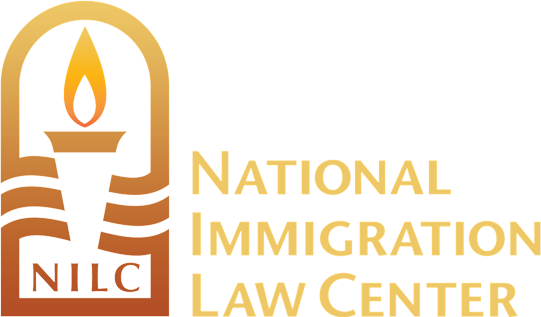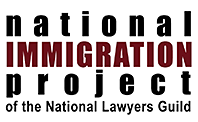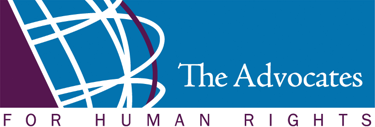Calendar
-
Wed Mar 23
- Download to calendar
- print friendly
How Well Are Young Children of Refugees Integrating into the United States?
- 1:00 PM - 2:30 PM
- Eastern Time (US & Canada)
- By: Migration Policy Institute
-
This event will take place online
- Refugees
The United States operates the world’s largest formal refugee resettlement program, with 85,000 slots in 2016, including 10,000 for Syrian refugees, and a proposed increase to at least 100,000 slots in FY 2017. Although this proposed increase in U.S. admissions seems small compared to the number of refugees living in developing countries and the number of asylum seekers now reaching Europe, any increase has become politically controversial. Despite this controversy, research indicates that the approximately 3 million refugees resettled in the United States have for the most part integrated successfully. But this research focuses almost exclusively on adults, and not on the almost 1 million young children in refugee families—most of whom are U.S. born. To fill this research gap, MPI is issuing a series of reports exploring the characteristics, experiences, outcomes and needs of children from birth to age 10 living in refugee families. Next week, MPI analysts will discuss the results of an analysis comparing young children of refugees to other U.S. children on several key indicators of well-being. This analysis is based on U.S. Census Bureau data with MPI’s unique assignments of refugee status to the foreign-born population, as well as administrative data on refugee arrivals from the U.S. Department of State, Department of Homeland Security, and Office of Refugee Resettlement. Key indicators analyzed include geographic resettlement patterns, languages spoken, English proficiency, family structure, parental education and employment, poverty rates, use of public benefits, and health insurance coverage. These indicators are analyzed for the most common refugee origin groups, including Vietnam, Cuba, Laos, Ukraine, Somalia, Haiti, Russia, Ethiopia, Cambodia, Burma and 10 others. After a review of the main findings, experts in the field will discuss the study’s implications for the U.S. refugee resettlement program, state and local institutions serving refugees’ children such as schools and health care providers, and the long-term integration and well-being of these children as they age into adulthood.
Registration:
Register at http://my.migrationpolicy.org/salsa/track.jsp?v=2&c=MLgUY1vEebzCiFuivx5ccdrSEmhUJEpb.







.jpg)










